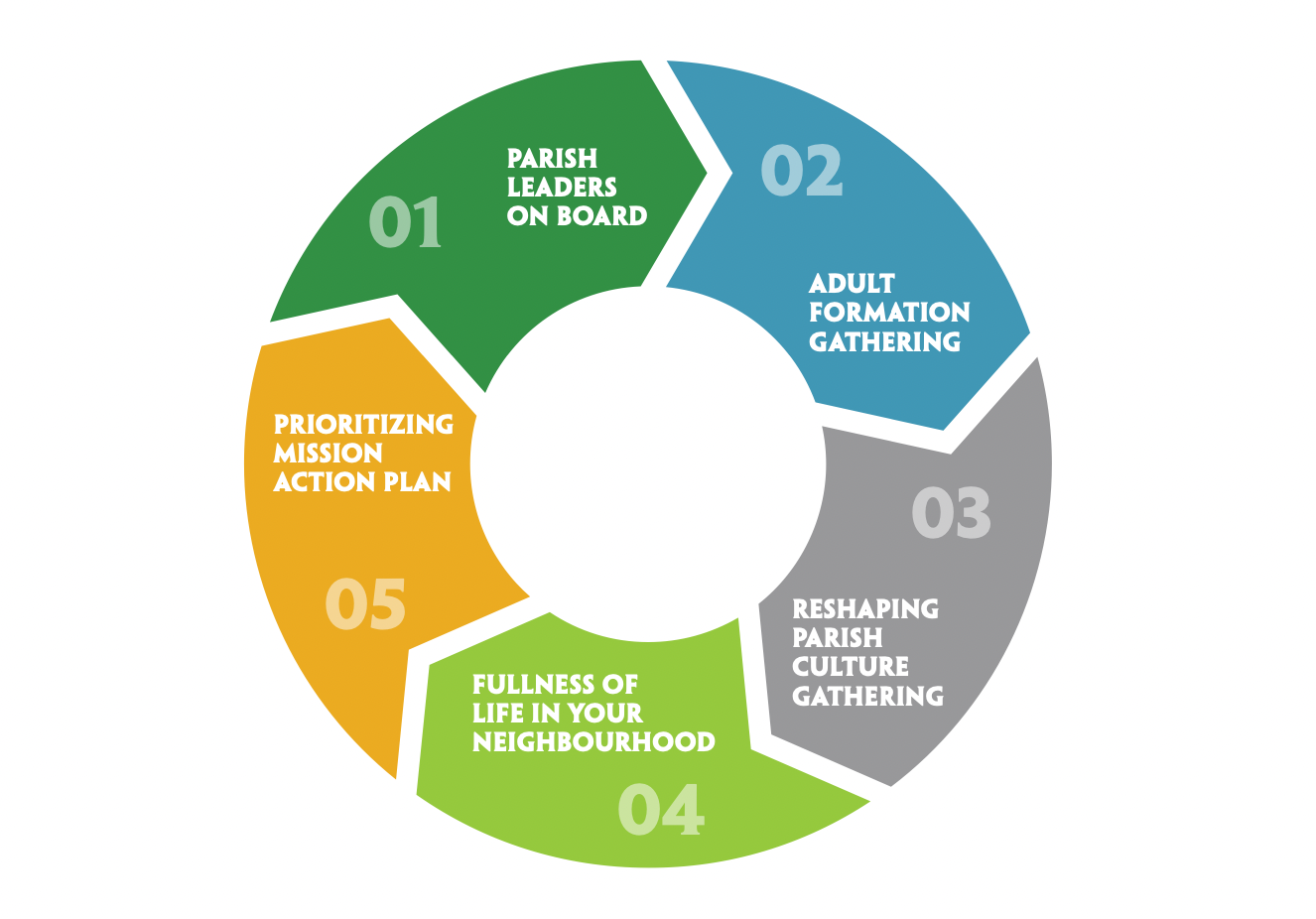Following up on the excellent article by Emily Hill in the November edition of the Niagara Anglican, this contribution summarizes the experience of one parish—St. James, Dundas—in the process. It should be noted that the process worked extremely well, even in a time of transition. The Mission Action Plan process began with the Very Reverend Peter Wall as our interim Priest-in-Charge and was concluded after the arrival of the Reverend Canon Leslie Gerlofs.
The parochial committee submitted a parish profile to the diocese in late 2021. One of the parish’s “aspirations” when looking for a new priest, was to find one who “possesses an ability to cast a missional vision for the future of St. James.” Following up on this, a small committee to examine the notion of “Missional Initiatives” within the parish was established.
Since we were at this time developing a budget for 2022, it was decided to put a budget line for this initiative into the draft budget, which was passed by vestry. Funds were used to assist five of the six members of the committee to join in courses offered by the Niagara School for Missional Leadership. The response to these courses by participants was highly complementary. Each of the participants provided a “Missional Moment” for our regular e-blasts going out to parishioners. This set the stage for the implementation of the Mission Action Plan process. During the summer, one of the members of the committee took a major step forward and did the homily for the congregation—with much success and appreciation from those in attendance and watching from home on YouTube.
The committee met on a regular basis and planned the meetings leading to the development of our Mission Action Plan. To keep the process simple, we purposely avoided asking for food preparation from parishioners and provided snacks following the one-hour sessions; this initiative was appreciated by all involved—and especially those not involved in providing snacks.
We have submitted our Mission Action Plan, but we know that we have much to do in terms of implementation. The committee recommended to the corporation that implementation of the Missional Action Plan be slow and deliberate, with an overview of the complete plan with feedback from the plan and optimum parish involvement. At the same time, we already have three areas which are in the planning stage for early 2023.
As a committee, we have work to do on our vision and mission statements, and some directed revision of our actions in adult faith formation. We also have reflected on the process as we put it into practice. We would have made a few changes if we were rolling back the clock and doing this again from inception. Among these would be to allow more time between each of the four sessions to allow for a fuller understanding of the vocabulary, the parish snapshots, and time for reflection. We also looked at the possibility of hybrid meetings to involve those not able to come in person. We did offer the sessions on-line, but with viewing only. We spent much time looking at the role of facilitator and, although we didn’t come up with a recommendation in this area, we thought that some parishes might benefit from a diocesan facilitator.
The bottom line is this—the Mission Action Plan process is detailed, prescriptive, and doable. Our role as a parish is to follow this up with an implementation plan that follows these same three criteria.

Disability Theology and it’s Promise for our Church